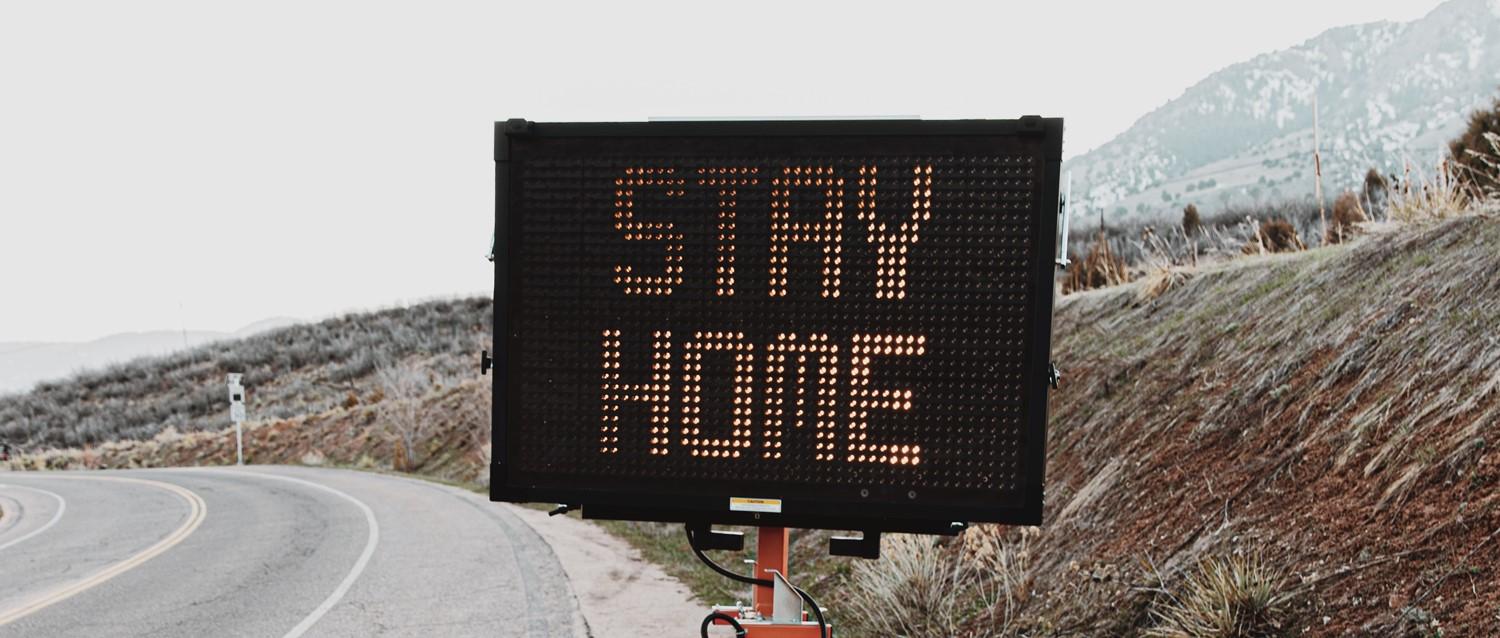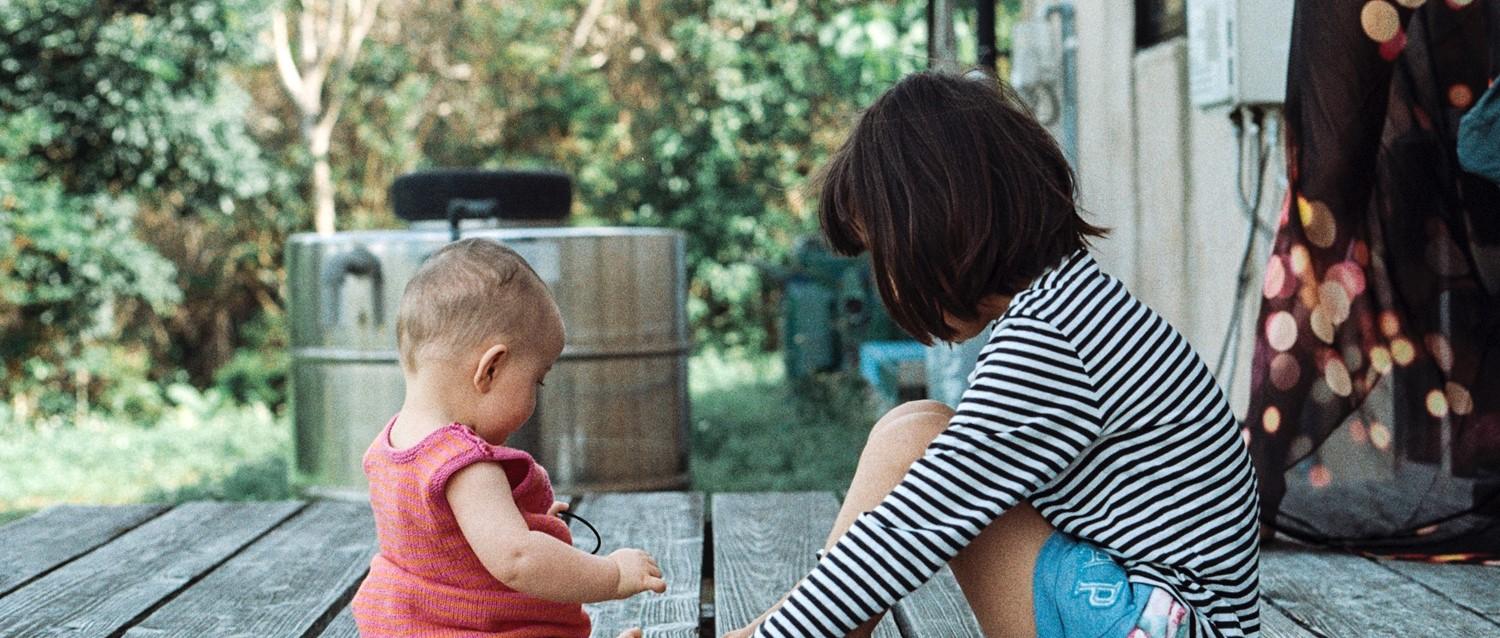
COVID-19 coronavirus: what can I do under the new rules?
Peer reviewed by Dr Sarah Jarvis MBE, FRCGPLast updated by Milly EvansLast updated 27 Mar 2020
- DownloadDownload
- Share
In an unprecedented effort to contain the coronavirus outbreak which has caused tens of thousands of deaths globally, the UK Government has tightened social distancing measures on the population. But what do these restrictions mean and what realistic impact will they have?
In this article:
This feature is now out of date. You can find our latest features and advice on coronavirus and COVID-19 in our coronavirus hub.
Use Patient's coronavirus checker tool if you have any symptoms of fever or a new cough. Until you have used the tool and been advised what action to take, please stay at home and avoid contact with other people.
Continue reading below
New rules
Under new legislation announced by the UK Government, no one should leave their home for any reason other than the following:
Shopping for necessities like food and medicine as infrequently as possible.
One form of exercise a day either alone or with people you live with only. This might include running, walking or cycling. You should not drive to get to the place you are planning to exercise.
Medical needs of any kind
To provide essential care to a vulnerable person.
Travelling to and from work as long as you work for an essential service.
Travelling to and from work for a non-essential service only if this work absolutely cannot be done at home and it is possible to maintain social distancing at all times.
Fulfilling legal obligations.
Accessing critical public services.
To escape injury, illness or risk of harm.
You may be fined or prosecuted for not following these rules.
All shops selling non-essential items, restaurants (except for takeaways) and social venues have been closed for the foreseeable future. Schools have been closed to the children of non-essential workers.
Under these new rules, you cannot socialise in person with anyone who you do not live with. Public gatherings of two or more people who do not live together will be disbanded under powers given to the police. You cannot visit other people's houses or socialise outside your home.
These rules mean that the vast majority of the population will be spending most of their time indoors bar one form of daily outdoor exercise and infrequent food and essentials shopping.
Essential workers (those working in healthcare, law enforcement, supermarkets etc) will be able to continue going to work but those workplaces should enforce social distancing measures wherever possible to avoid endangering employees.
Those who shouldn't leave the house at all
Whilst most of the population are only allowed to leave their homes when absolutely necessary, others should not leave the house at all. These include:
People with symptoms of fever or a new, continuous cough and everyone else in their household. If you have these symptoms of coronavirus, you must self-isolate and not leave your home for seven days from when the symptoms started, and those you live with must isolate for fourteen days.
People identified as at very high risk of complications. These are generally people with serious underlying health conditions. All of the around 1.5 million people in this category will be getting or have received a letter or text advising them to self-isolate for twelve weeks. This is called "shielding".
People at a higher risk of complications, such as people over the age of 70 and those with underlying health conditions, are also advised to minimise all outings as much as possible.
If you are in a group who must stay inside completely for an extended period of time, you must make arrangements for a friend, neighbour or delivery service to deliver your essentials such as food and medicine when you need them. If you are an extremely vulnerable person, you can register for support from the government - for example, to ask for help getting essential deliveries of food and medicine.
You are still able to use your garden or balcony whilst staying at home. However, you should avoid coming within 2 metres of people in neighbouring gardens and should not pass things over the fence, for example. It's recommended that you regularly open your windows to let fresh air come into your home.
Patient picks for COVID-19

Chest and lungs
How to help children cope with stress and anxiety during the pandemic
Children are used to parents having all the answers - or at least seeming to. In this uncertain world, it's not surprising that many parents are reporting their children are suffering stress and anxiety due to the coronavirus crisis.
by Gillian Harvey

Chest and lungs
Long COVID
Most people with COVID-19 infection (SARS CoV-2 infection) feel better within a few days or weeks and recover completely within 12 weeks of the infection. However, some people have ongoing symptoms that remain for weeks, months, or longer, which is usually called "long COVID". For some, these long-term effects of COVID-19 can be debilitating. These effects can be very different from person to person, and it seems likely that there are different 'types' of long COVID, or different syndromes, which might behave in different ways.
by Dr Doug McKechnie, MRCGP
Continue reading below
How to stay safe if you do leave the house
Naturally, most people still need to leave their homes for essential shopping and exercise. So how can you stay safe and avoid bringing home the virus when you go out?
Take steps to physically distance yourself from other people. Maintain a 2-metre (6 ft 6 inch) gap (just over the average adult man's arm span) at all times. This includes queuing and paying at supermarkets, getting medication in pharmacies and if you bump into a friend whilst out exercising.
Plan to go out to shop or exercise at less busy times and avoid potentially crowded places like parks if you can.
Wash your hands or use hand sanitiser containing at least 60% alcohol frequently before, during and after going out. Do not touch your face without washing your hands first.
Only essential workers should be using public transport but when they do, they should make an effort to distance themselves from others. Where possible, they should try to travel at less busy times.
The best way to stay safe is to reduce trips out of the house as much as possible. If you can, try to only go shopping for food and essentials once a week or less. Going outside for exercise and fresh air if you are able is crucial for your health but limit the amount of time you spend in public and avoid busy places.
Why have these rules been put in place?
These rules have been put in place to reduce the spread of coronavirus. Similar and stricter measures have been enforced around the world to keep people from socialising and spreading the virus.
The aim of these measures is to 'flatten the curve' of coronavirus cases. If life continued as normal, the NHS would be rapidly overwhelmed and unable to function. There are only so many clinicians, carers, beds and equipment available at any one time.
We would see a spike, not only in cases and deaths from COVID-19, but also in deaths from treatable conditions which were unable to be treated because of a lack of capacity in the NHS.
If you stay inside and follow the instructions given to you by the government, this may be avoided or delayed.
The severity of the coronavirus outbreak has been trivialised by people saying "it's just like the flu". But COVID-19 has a higher death rate than the flu and no vaccine or known treatment available. The number of cases has suddenly exploded, seemingly from out of nowhere, coinciding with the annual flu outbreak which places further pressure on health systems.
We have never seen this virus before and so we know little about it - clinicians are learning as they go as they try to prevent deaths and serious illness in patients across the country. You must take this virus seriously.
Continue reading below
What happens if I don't follow these rules?
The UK Government did not make the decision to bring in these measures lightly. Previous attempts to get people to self-limit their contact with other people failed. Social distancing and self-isolation policies were ignored by a small but significant portion of the population who continued to socialise and maintain their normal daily routines despite the pandemic.
As such, new coronavirus legislation brings in stricter rules which will lead to prosecution or fines for people who continue to ignore them. Police now have powers to tell you to return to your home and to use 'reasonable' force to do so.
You may be given a fixed penalty fine of up to £960 by community support officers, local authority wardens or police officers if you ignore the rules on staying at home or gathering in groups of three or more. The standard fine would be £60, reduced to £30 if paid within two weeks. Those caught breaking the rules a second time would be fined £120. The charge would then double for every further offence up to £960.
There is also the possibility of prosecution for breaking the rules.
However, police forces are hoping that peer pressure and persuasion will help already stretched forces make people stay at home without the need for penalties.
Under the new legislation it will also be a crime to purposefully cough on emergency workers such as police and NHS staff. This will now be classed as assault.
You can protect the NHS and save lives by staying at home and following the latest government guidance.
Article history
The information on this page is peer reviewed by qualified clinicians.
27 Mar 2020 | Latest version

Ask, share, connect.
Browse discussions, ask questions, and share experiences across hundreds of health topics.

Feeling unwell?
Assess your symptoms online for free